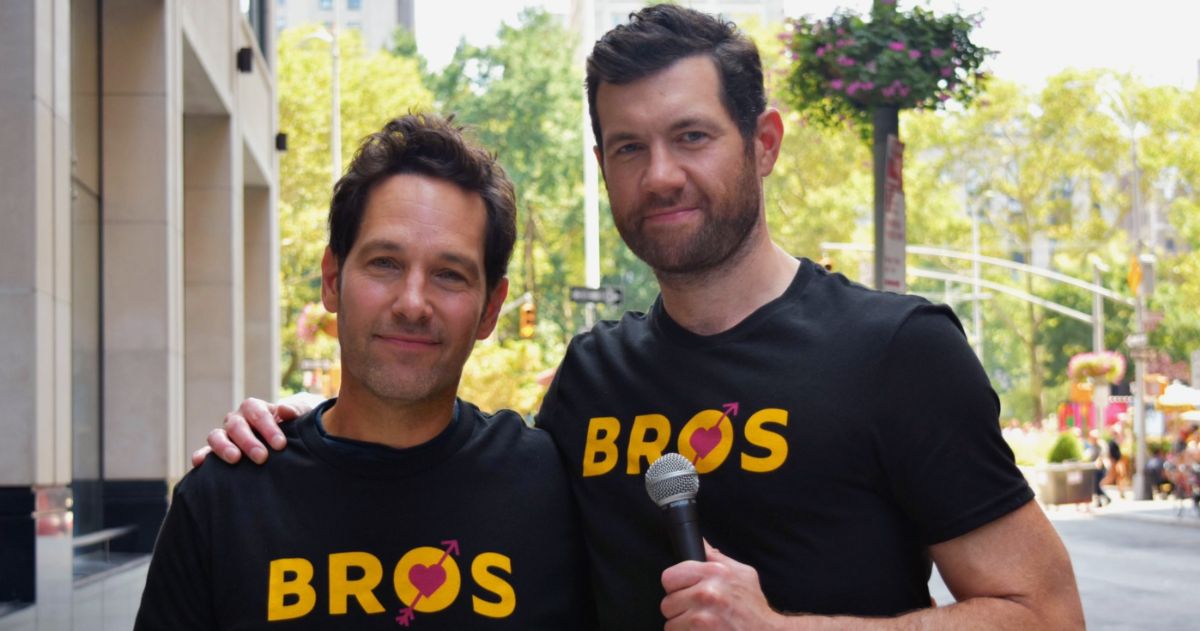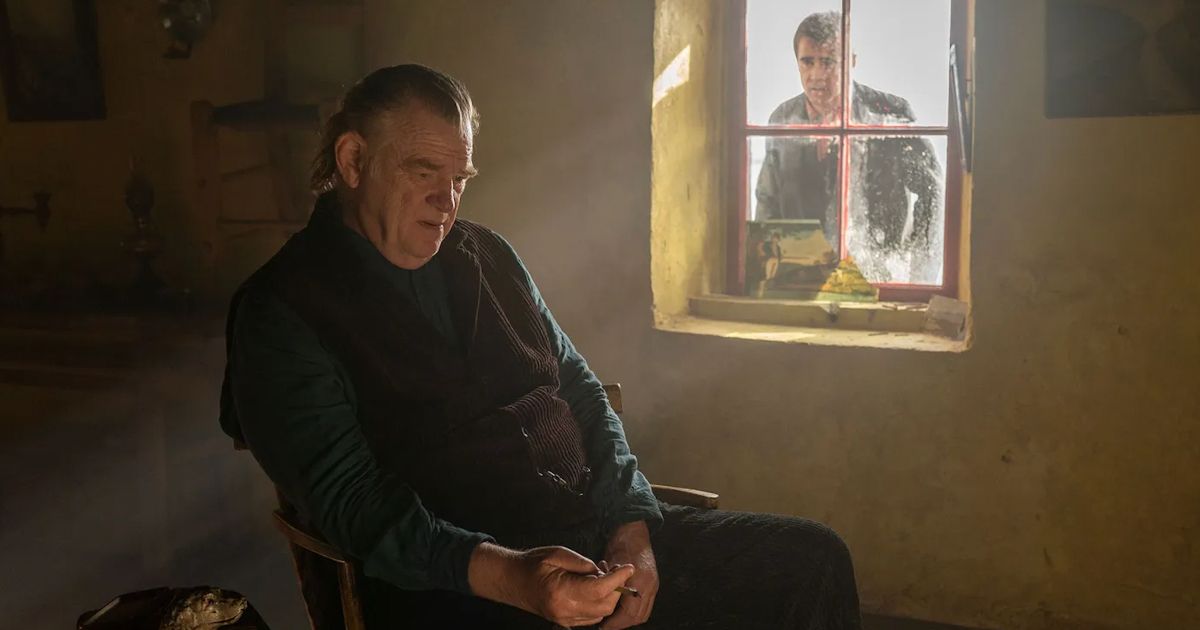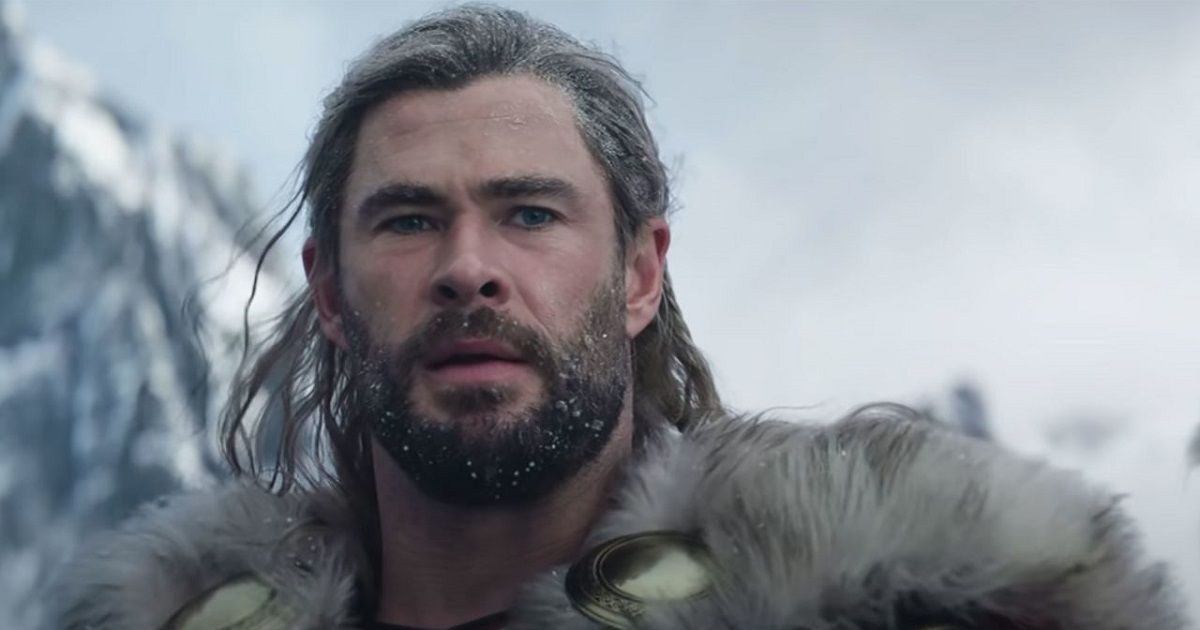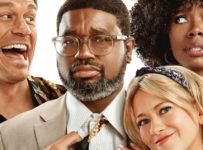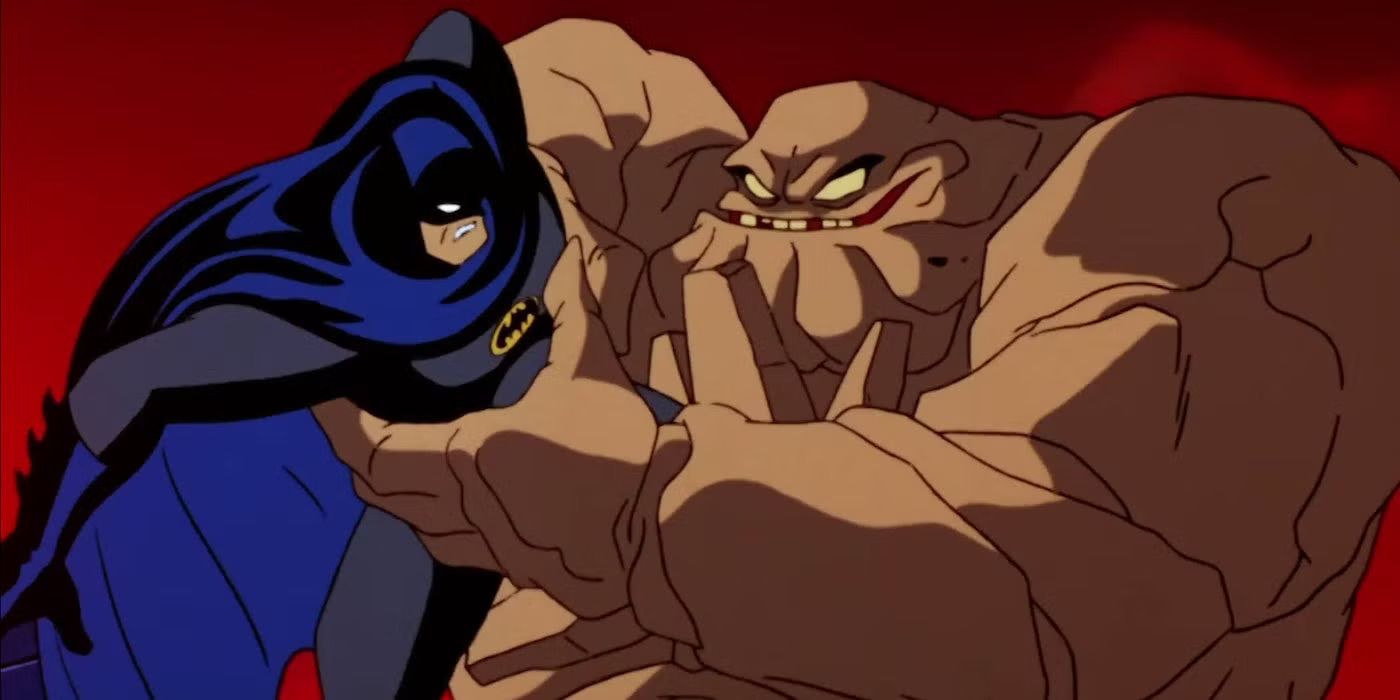Director Justin Kurzel‘s films have disarmingly explored the ways ideological radicalization coupled with social exclusion can lead to great violence. His latest film, the police procedural “The Order,” is the finest distillation of his ability to shade genre thrills with disturbing, real-world relevance.
Based on the non-fiction title The Silent Brotherhood, the film is set in the 1980s and follows law enforcement agents Terry Husk (Jude Law), Joanne Carney (Jurnee Smollett), and Jamie Bowen (Tye Sheridan) as they investigate a series of bank robberies, car heists, and counterfeit operations across the Pacific Northwest. They realize these actions are connected to the work of an extremist white supremacist group led by the charismatic and calculating Bob Mathews (Nicholas Hoult). He seeks to use the acquired funds to grow an armed force strong enough to overthrow the government, and the agents work to try and curtail his operations and bring him to justice (alive, of course, lest he become a marauder for the cause).
Kurzel’s direction and writer Zach Baylin’s screenplay are far too tactful to explicitly name how the desire of an extremist group for government overthrow could in some way reverberate in the present, and the film is at its most compelling when it explores how the very human need to be in fellowship with other souls, when manipulated, can lead to bloodshed. “These people lose their work and are promised to be a part of something greater. Then they become like-minded and feed off of each other’s fuel and now believe they’re fighting for justice,” Law shared. “[That’s why] we need art more than ever right now because hopefully, it can help illuminate another side of humanity,” Smollet added.
Over Zoom, Law and Smollett spoke separately with RogerEbert.com; this piece combines their interviews into one, fluid conversation. They spoke about the recurring motif of fire in the film, viewing the film as a story of two cults, and telling a very American story with a global perspective.
This conversation has been edited and condensed for clarity.
Jude, I heard that Gene Hackman served as a sort of model for Husk, both physically and psychologically. The type of character Hackman played, someone who was obsessed with his work to the point where it ruined his personal life, was another parallel I drew to your character. Were there any specific Hackman performances that you and Justin drew from?
Jude Law: It was always more subconscious than conscious because, oddly enough, I don’t remember mentioning Hackman by name in my conversations with Justin. It was only afterward that we talked about films like “The French Connection” or “Mississippi Burning” and how the men Hackman played in those genre films were the type of male characters that influenced Husk. So I wasn’t studying Hackman per se, but there was a feeling I was trying to convey that characterized a male protagonist in a film of that period.
It was a very collaborative experience, not only working with Justin but also with screenwriter Zach Baylin to build this character. Zach had made a smart decision not to base Husk on any one agent who cracked this case forty years ago but rather have Husk be a composite of many. We wanted to embellish the character with what was necessary to steer the drama. If we based it on the actual special agent who cracked the case, adding elements like a broken marriage to his life would have been distasteful. Husk became this sort of canvas where we could show the cost of doing this kind of work and how giving it his all came to the detriment of his marriage, private life, and physical health.
I’d love to hear more about the creative process between you both, Zach, and Justin. In particular, given that you’re English and Justin’s Australian, I think there’s a certain truthfulness you’re able to touch on in your critique of America that maybe a different set of collaborators who were all American might not have been able to do as incisively.
JL: Justin was very keen to make an American film because of the films that inspired him. I think that by not being American but telling a very American story, what people like Justin and I can do is tell the story for what it is rather than feel that I’m bound by the DNA of its relevance to your nationality. For us, the aim was to create and conjure a plausible and honest portrayal of this true event in the hope that it would have very clear resonances and repercussions with modern-day activity or issues of a similar type. That was our goal, in addition to leaning into the genre aspect that was present in the script and using that energy as the sort of motor to drive the story. I’d also say that while this is an American story, it’s also a global issue.
Jurnee Smollett: Touching a bit about the film releasing in a year like this, as Nina Simone said, the job of the artist is to reflect the times. It’s interesting how art is constantly modulating. You can look at a painting one year and then come back the next year and it impacts you completely differently based on what you experienced that year. Art is meant to inspire and ultimately challenge us. When I think about being a part of this film, when I read the script years ago, it felt relevant. It’s relevant now, but it would’ve been relevant two hundred years ago because this disease and plague of hatred, bigotry, and racism is still in the fabric of our nation. I think we need art more than ever right now because hopefully, it can help illuminate another side of humanity.
Jude, without spoiling too much, I think the ending, even before the explainer crawl at the end, gets into what you both have touched on about the film’s continued relevancy. It’s disarmingly calm and idyllic when I think the undertone of your character’s final on-screen moment communicates this sense that there’s a cyclical nature to these extremist movements, and they’ll keep coming back.
JL: I’m happy you got that because I’m very proud of that ending. Justin and I puzzled about whether we should modify the ending scene in different ways, but our ultimate hope was that there would be this foreboding sense of continuation. There’s a slight hint that maybe my character has found some kind of peace and resolve, but it’s only through damage as opposed to epiphany. The hunt continues.
Speaking of hunting, I read as part of your preparation process, Justin had you follow Nicholas Hoult to get this sense of what it’s like to have to tail and keep tabs on someone.
JL: That all came out of a manifesto Justin provided to his actors. He curates these directives for people individually to aid with an actor’s preparation. It’s a generous and thoughtful process and allows him as a director a sort of peek behind the curtain and engage with your preparation. It’s rewarding and helpful to have that guidance and these suggestions. They’re almost challenges he’s providing for actors to take on and develop their craft and for me, one of his suggestions was to get this sense of how hard it is to follow someone and remain anonymous.
Nicholas and I were also kept separate from each other during filming, and I wasn’t aware of it. I thought it was just a coincidence because I wasn’t a part of those scenes when Nicholas came in and rehearsed with the other Silent Brotherhood actors, so I wouldn’t be on set that day, and vice versa. Throughout the process, Justin realized that it may benefit my and Nicholas’ dynamic or add certain knots to the truth if we remained apart till the first scene where we see each other face to face. It certainly added a wonderful adrenaline to Nicholas and I’s first confrontation because, although we knew each other, we still hadn’t seen each other at all. Suddenly, we had to have this action-on approach and have this scene together.
Speaking of character introductions, Jurnee, when your character is first on-screen, Zach’s screenplay says that you and Jude’s character have “A couple of beers between them. And a lot of history.” We learn some about their relationship but how much backstory did you consciously build out for your character?
JS: I’m one of those actors where regardless of whether it ever gets depicted on-screen, I want to know what kind of sheets she sleeps on, what kind of breakfast she eats. It’s part of my discipline but I build a very extensive biography for my characters. Regarding Terry, I have always thought about inter-relational dynamics. Joanne was his former mentee and has now risen through the ranks of the bureau to be someone who technically outranks him, and there’s a sense of enjoyment she feels that he has to come to her for help and that their roles have been rehearsed. I think she has a glee that she has access to information he doesn’t have.
It’s a mentor-mentee relationship that morphed into a brother-and-sister dynamic. The complications of exploring those emotions with Jude were rewarding: what do you do when you’re outshined by your protege when the mentee surpasses the mentor? Their power struggle manifests in a lot of different ways throughout the film.
In that scene where your characters meet for the first time, I read that you and Jude performed that scene in a variety of ways. Were there any other takes that stood out? The one where Justin had you both dance to Toto’s “Africa” seemed like it would be memorable …
JS: (Laughs) We had everything on the menu. We even had a take where the backstory was that Joanne and Terry had some romantic history so this reunion was bringing up some complicated feelings for both of them. There was one take where Justin had Jude make me cry, and another scene where we were flirting with each other. It was early on in the shoot so we could experiment with it a bit.
What we settled on though was that these two characters have so much in common in the ways they’ve sacrificed their mind, body, and spirit for this mission. They don’t have a life or family outside of work. There’s another scene where Terry and Joanne are in the car and I ask Jude “Was it worth it?” That was entirely improv. On that day, we were racing the sun so Justin told Jude and me to drive, then make a U-turn, and then repeat until he said cut. He just wanted us to talk and riff off of each other; that’s where building a backstory becomes so important so that way in those moments of improv, there’s this rich history to pull from.
On the note of history, this film takes place in the eighties and it wasn’t until the seventies when women were officially appointed as special agents. This would mean that for your character to be in the force, it would be a relatively new development. How did knowing that impact your approach to your character?
JS: Fortunately, I was able to interview a few women who worked as special agents and it’s impressive to think of what they endured and the mental battles they were grappling with in the workforce. On an aesthetic level, I chose to not wear makeup so as not to draw attention to myself.
Given that Joanne is a woman of color, that’s an added layer of burden because there’s little margin for error. The system is more willing to forgive someone like Terry, who can afford to go rogue, but Joanne has to do things by the book because there are so few of her which is an unfair standard.
JS: Exactly, and even though that wasn’t explicitly named, that’s exactly the sentiment we wanted to get across. There’s that moment where Terry veers off course and follows his instincts and while his instincts are correct, he does it in a foolish way because he ran into the fire without backup. I imbued Joanne with a lot of palpable and justified rage in that moment and intentional intensity… how come Terry just gets to buck the system? She has no tolerance for that wow boy behavior because she can’t do that. I like that there’s room to hold a multitude of emotions in that scene; yes Joanne cares about him and his safety which is why she snaps at him, but there’s also this resentment and jealousy … maybe she wants to break the rules a little more but she can’t. Joanne’s a woman in this position of power and because there are so few of her, she has to be by the book because if she isn’t, that’s an excuse to cut her down.
It was a great moment of humor where even after Husk tries to deflect your criticism of his vigilantism you’re still berating him, as if to say “We’re not moving on from this transgression that quickly.”
JS: It means a lot that you picked up on those dynamics. Justin, Zach, Jude, and I all had conversations about how we bring the relationship to the procedural. Jude, Tye, myself, and others play living, breathing people who are invested in the mission but also their mission affects them. Mentally, Joanne is asking questions about how she’s able to prove herself and operate in this power struggle she’s in within the bureau itself.
There’s a line that stood out to me that Victor Slezak’s Richard Butler character says to your character, Jude, “You must understand that being in a cult like the federal government.” For both of you, did it ever cross your mind that the film was a story of two cults: the FBI and that of these extremist groups? Both are demanding and take over all aspects of your life as we see in your characters.
JL: It was clear from the script and from talking with Justin that there was the potential for these sorts of mirror images and similar paths–but ultimately on different sides of a river–between those two. The similarities are striking, particularly when we think of how both the FBI and the Silent Brotherhood as we see in the film are organizations that demand you in your totality. Commitment comes at the cost of one’s intimacies, life, and health, and each character whether it’s Husk, Mathews, or Bowen they have to ask “How far am I willing to go?”
Early on, I was picking up on an issue that I felt short of fully understanding until I interviewed some of the special agents who served during that time. This goes to your point about the FBI being potentially cult-like, but I asked them “What motivates you to give your life up and give up all your energies to the bureau? Is it a belief just in the Bureau?” I got a range of answers; some told me that they always wanted to work for the FBI and that it was a dream come true to work in law enforcement with some of the best of the best. Some were just true believers in the USA and the American Way and the FBI was a place where they believed you could defend that and better support that, others wanted to catch bad guys, and some were motivated by a specific childhood trauma. But these myriad motivations directed all of these people into a very specific lifestyle and into a particular career of like-minded folk with that kind of attention to the cause and belief in the process and to each other. I think then of the people on the “other side of the river” i.e. the people who join Bob Matthews. These people lose their work and are promised to be a part of something greater. Then they become like-minded and feed off of each other’s fuel and now believe they’re fighting for justice.
JS: I didn’t necessarily think of the bureau as a cult, and that was a choice I was making as an actor. Joanne isn’t judging the bureau so I can’t be either when I’m playing her. I do think that something to be said about how as human beings, we’re all seeking to belong and we’re all seeking our tribe. We still are animals at the end of the day and so we’re ultimately like-minded people who want to follow the same mission as us. Unfortunately, we have an “us against them” mentality in so much of our nation, and it’s unsustainable. Just look at where we are now. If we don’t figure out how to reach across to our neighbors and our other citizens, we are all doomed.
You’re getting at one of the film’s deeper themes about this need for community, and how we may like to think we’re independent, but we all desire to belong.
JL: Even though Husk thinks he’s a lone wolf, he thrives most when he’s in connection with Jamie or Joanne. It’s his surrogate family really and he can’t help but build families with his proteges and partners.
Fire plays such an interesting role in this project and Justin lingers on its warmth but also its destruction, whether it’s the burning cross, the copious amount of cigarettes, or the inferno at the end. What do you two think about the role of fire in this film?
JL: I love hearing people’s opinions on this motif. I think on one level, I was thinking about stewarding fire well because we were shooting in Canada at a time when they were suffering awful forest fires. We had to have permission every single time we lit anything because the damage from fire sort of haunted the production. That last scene in particular, we continually delayed and weren’t even able to do till the end of the shoot. That ended up working well for us given it’s the climax but we had to make sure it was safe because we were burning a house down.
JS: Wow, okay we have to talk about that. I literally just wrapped a TV show for Apple that’s about arson so I’ve only been thinking about the symbolism of fire. There’s a lot there in the way Justin portrayed it in the film. Fire’s so much bigger than us; it can heat us and kill us, but we need it. As human beings, we feel out of control when we’re around fire but we’re also so intrigued by it. Staring at fire is a reminder of our inability to control the forces of this world but we can’t help but still try.
You can view the original article HERE.













